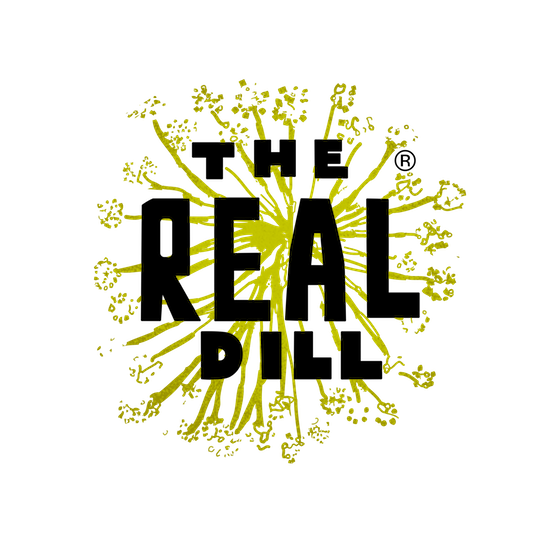Giving Back

Let's face it, if we aren’t making our community - and the world at large - a better place, our time here will have felt like a waste. Most businesses have resources and reach that the average person doesn't have, which is why we believe that it's our responsibility to seek out creative ways to leverage our resources in order to make a positive and lasting impact on our community.
In the beginning of 2017, we launched our Charitable Partner Program, in which we partner with one local nonprofit on a long-term basis to achieve our goals of giving back through community outreach and fundraising.
Charitable Partners
The GrowHaus (2017, 2019-present)

The GrowHaus is a resident-driven community hub for food production, distribution, and education in Elyria-Swansea and Globeville, two north Denver food desert communities. The association is located in a restored green house that previously acted as a distribution center for Lehrer’s Flowers on 47th Ave. and York St. in Denver, CO. The space focuses on three key activities:
- Growing food for commercial sale
- Distributing healthy food to local residents at an affordable price
- Providing educational programming to residents and the general public around gardening, nutrition, and other wellness topics
Every dollar counts:
- $20 provides a fresh, healthy food box to a family in Elyria-Swansea
- $50 supports three hours of food deliveries to home-bound residents
- $100 runs the no-cost food pantry and cooking class for one week
- $250 would allow the daily market to serve residents on Sundays for a full month
We have raised over $48,000 to support The GrowHaus' mission to make healthy food a right for all and not a privilege for some. If you're interested in contributing to this cause or want to learn more, please visit The GrowHaus' website.
Denver Food Rescue (2018)

Denver Food Rescue is a Denver-local nonprofit that uses the sustainable method of bicycle power and an amazing volunteer crew to save good produce from grocery stores, farmers markets, and distributors that would otherwise be thrown away. Denver Food Rescue then redistributes this food directly to organizations that work with food-insecure communities.
Denver Food Rescue believes in the following values:
-
Health equity: health is a right that should be enjoyed by everyone.
-
Food security: each individual deserves to have control of his or her own food situation.
-
Integration of feedback: lasting solutions will only be formed through consistent and authentic engagement with people who are experiencing the issues we exist to address.
The organization focuses its efforts on the four following programs:
-
No Cost Grocery Program: NCGP model exists to serve otherwise overlooked neighborhoods with a realization that income is inversely proportional to consumption of fresh fruits and vegetables. Currently, Denver Food Rescue has increased access to healthy food in 16 communities with the help of the gracious farmers markets, grocery stores, wholesale distributors, small markets, community organizations, and restaurants/commercial kitchens/caterers.
-
Fresh Food Connect: Founded in 2015 by Groundwork Denver, Denver Urban Gardens and Denver Food Rescue, local gardeners schedule a pickup using the FFC web-app, then the FFC team picks up the produce via bicycle and shares it with community based organizations in neighborhoods facing food insecurity.
-
Abarrotes Bondadosa: the social enterprise, Abarrotes Bondadosa, offers affordable grocery delivery service with no minimum order requirements, delivery fees, or membership fees. Abarrotes Bondadosa also hires local community members to deliver fresh groceries and name-brand goods to participants' doors via electric powered tricycles.
-
Volunteer Program: volunteers are at the heart of Denver Food Rescue's work, picking up beautiful, edible whole fruits & veggies that would otherwise be discarded from food vendors across the city and delivering it to neighborhoods that have less access to fresh healthful foods. The hyper-direct re-distribution model allows DFR to rescue more produce, while utilizing bike-power to keep financial and environmental costs down.
In 2018, we've raised over $8000 to support Denver Food Rescue's mission to address health equity, food security, and integration feedback. If you're interested in donating to this cause or want to learn more, please visit Denver Food Rescue's website.



